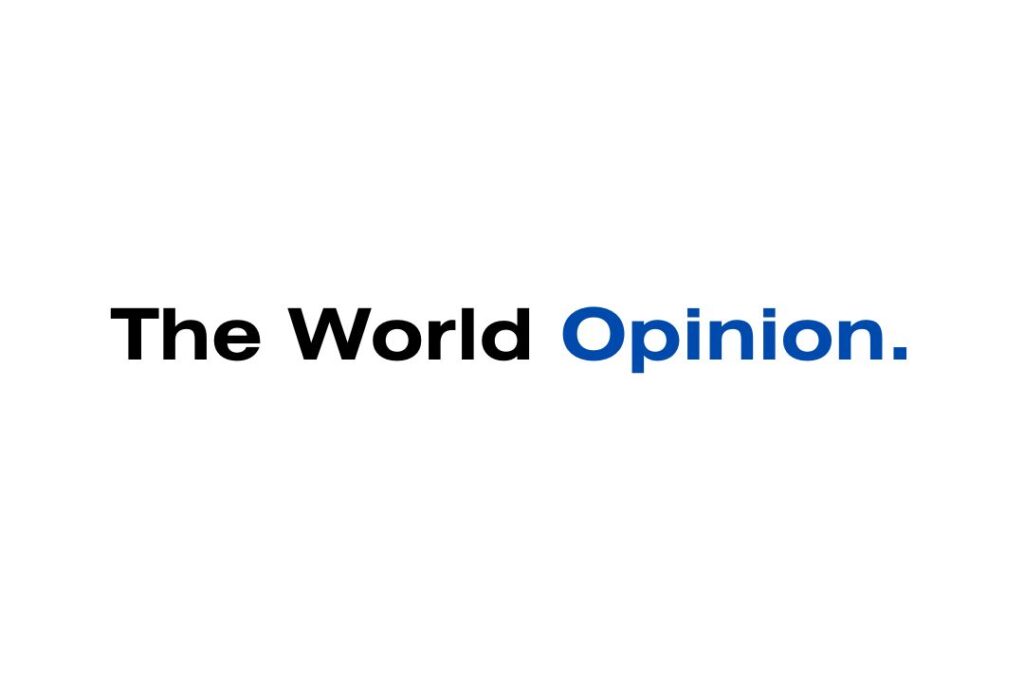Jhumur Akther (no longer her actual title) misplaced her process two years in the past because of the coronavirus pandemic and hasn’t been in a position to discover a new one since.
Akther, a resident of Dhaka, the capital of Bangladesh, has spotted a pointy build up in commodity costs and residing prices in fresh months, which has supposed her circle of relatives has needed to devour much less.
Consuming much less to live to tell the tale
“We now have made up our minds to devour much less to live to tell the tale on this tough time. From area hire to the safe to eat oil worth, each price of residing has been on the upward thrust,” Akther informed DW.
🗞️ Subscribe Now: Get Specific Top rate to get entry to the most efficient Election reporting and research 🗞️
“Our handiest son hasn’t were given a haircut since remaining 12 months, and we haven’t purchased the rest new for the reason that pandemic began two years in the past,” she added.
Tawsia Tajmim, every other resident of Dhaka, a megacity of over 10 million those who continuously tops the record of maximum polluted towns on the planet, feels the pinch of surging commodity costs in each facet of her existence.
“I’ve stopped the usage of Uber and driven myself to make use of public shipping to regulate to the cost hike. The selection of beggars could also be expanding within the streets,” she informed DW, including, “our economic system is changing into weaker day-to-day, and the deficient in addition to lower-middle-class other folks had been struggling essentially the most consequently.”
Inflation emerging to unsustainable ranges
The Global Financial Fund (IMF) has forecast the headline Client Value Index (CPI) in Bangladesh to upward thrust to five.9% within the fiscal 12 months 2022, because of upper world commodity costs.
Emerging costs of meals and different day-to-day commodities have an increasing number of develop into some extent of outrage within the Muslim majority nation within the wake of the coronavirus pandemic.
In step with a survey revealed on the finish of remaining 12 months, the pandemic has driven an estimated 32 million other folks into poverty. Critics blame the federal government for the spike in other folks residing under the poverty line.
The Bangladesh Bureau of Statistics’ newest knowledge presentations that common inflation within the South Asian nation in February climbed to six.17%, the absolute best since October 2020.
The cost of safe to eat oil, sugar, and eggs have higher sharply, which contributed in large part to the inflation.
“Bangladesh imports 95% of its safe to eat oil from in another country. Ahead of the Ukraine battle, the cost of safe to eat oil in keeping with barrel was once $700 (US) (€629); it went as much as $1,940 after Russia invaded its neighbor,” Mohammad Ali Bhutta, a Bangladeshi importer of safe to eat oil, informed DW.
“We will’t promote oil at any sponsored worth as businessmen,” he added.
Bangladesh additionally higher the cost of liquified petroleum fuel (LPG), used within the nation for cooking, through 12% this month in line with the instability within the international marketplace. Many families around the nation use LPG as an alternative choice to the herbal fuel equipped through the federal government.
Executive provides improve to ten million households
The Bangladeshi govt says that the cost hike of client items has been attached to the world marketplace, and it gained’t move down till the worldwide marketplace is strong once more.
“Because the commodity worth has higher within the world marketplace, it has additionally affected our native marketplace,” Tipu Munshi, Bangladesh’s trade minister, informed DW, including, “we now have been providing some client items at a sponsored worth to other folks in want to set up the location.”
The Buying and selling Company of Bangladesh (TCB) provides commodity items at sponsored costs to deficient other folks within the South Asian nation. Ultimate month, Dhaka introduced to increase this be offering to ten million low-income households, round 50 million other folks, in another country’s 35 million households.
“We’re promoting safe to eat oil, sugar, lentils, and onions at a sponsored worth around the nation,” Humayun Kabir, a director at TCB, informed DW. “1.2 million households in Dhaka and eight.8 million in other places gets this improve until April this 12 months.”
Professionals see govt failure in the back of worth hikes
Whilst mavens suppose providing client items to low-income households at a sponsored worth will assist in a little while, they blame the federal government for no longer having the ability to regulate the marketplace.
Nazneen Ahmed, the rustic economist of the United Countries Building Programme (UNDP), identified that the costs of safe to eat merchandise that Bangladesh produces have additionally long past up in fresh months.
“Our rice manufacturing was once superb this 12 months. Nonetheless, its worth has were given upper with none affordable reason,” she informed DW. “The federal government has to play a job right here to regulate the marketplace.”
Economist Mustafizur Rahman echoes that opinion. He thinks the federal government will have to draft a long-term plan to stay the marketplace secure from worth hikes.
“A tracking mechanism is had to forestall unscrupulous businessmen, who generally tend to extend costs on other events. Executive companies will have to act in combination on this regard,” Rahman informed DW.
In the meantime, 1000’s of other folks took to the streets throughout Bangladesh this week to protest towards the cost hike following calls from left-wing political events. They demanded the “trade syndicate” be damaged up and referred to as for the marketplace manipulation of very important commodities in addition to ration playing cards for other folks in want.




